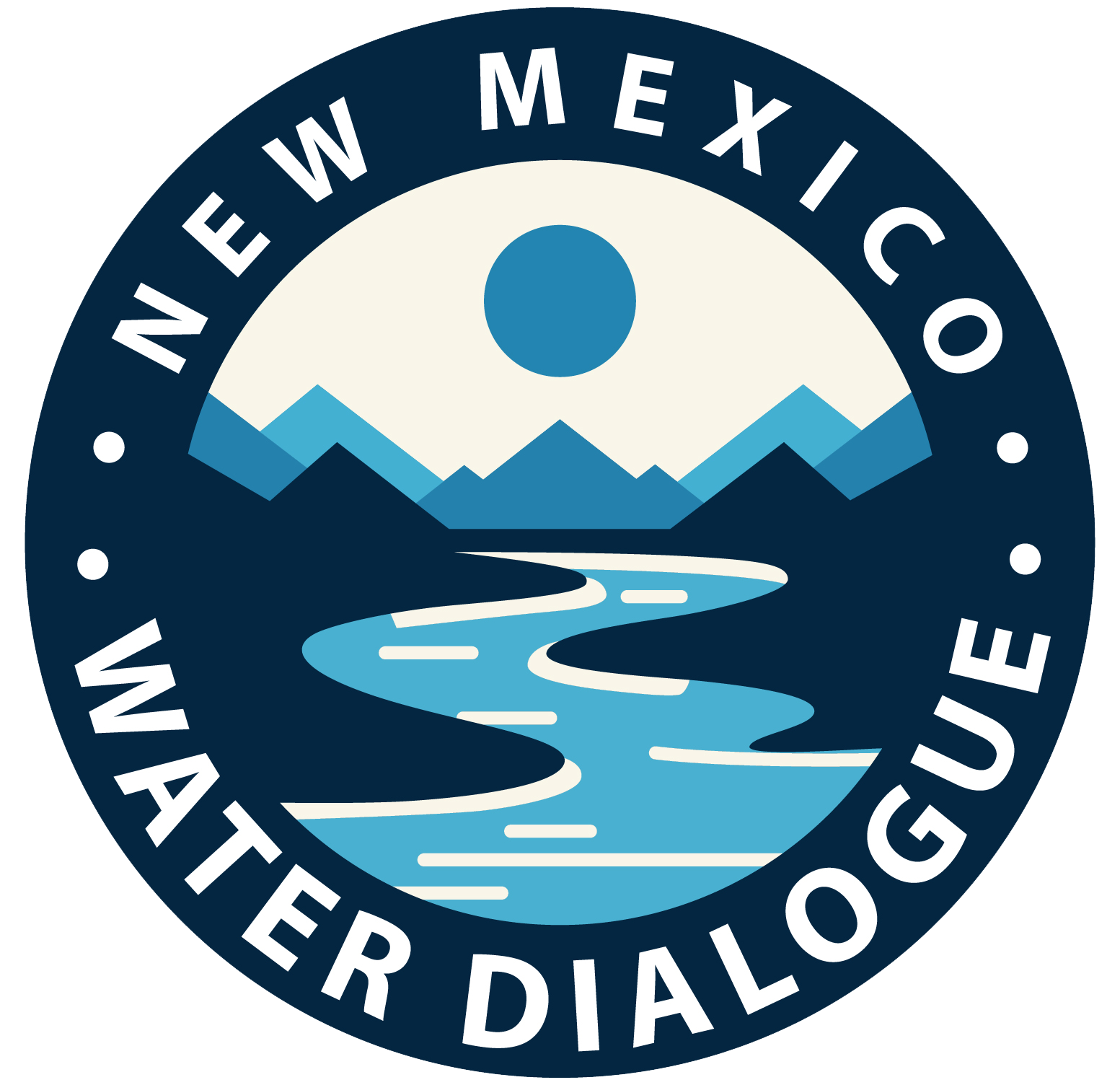New Mexico, Nevada and Idaho have received a new grant from the National Science Foundation to create a Western Consortium for Watershed Analysis, Visualization and Exploration (WC-WAVE) to advance watershed science, workforce development and education with cyber infrastructure enabled discovery and innovation.
The virtual watershed framework will be tested with data from three well-instrumented watersheds, one in each state. In New Mexico, data will be collected from the Jemez Watershed in the Valles Caldera. Image courtesy Natalie Willoughby
The consortium will receive up to $6 million over a three year period in Research Infrastructure Improvement Track-2 awards. The awards are part of NSF’s Experimental Program to Stimulate Competitive Research (EPSCoR).
The WC-WAVE grant will enable researchers to create better models to understand the water resource processes at high elevations that bring water to communities. These systems are affected by climate change, which impacts the water storage, flow moderation and water quality. Interactions among precipitation, vegetation growth, fire, soil moisture, runoff and other landscape properties create systems in which even subtle changes in climate may lead to significant environmental and economic impacts.
Principal Investigators on the grant are Gayle Dana, Nevada System of Higher Education; Peter Goodwin, University of Idaho and William Michener, University of New Mexico. The grant was one of four projects nationally to receive funding to inform policy making and address strategic regional issues.
“This NSF funded project will lead to new understanding of the interactions of climate, water, and humans that will be key to growing the state’s economy amidst the environmental challenges facing New Mexico such as drought and fire,” said Michener. “The project is especially exciting in that young and productive scientists, students and educators from throughout New Mexico, Idaho and Nevada will work collaboratively to address the most pressing challenges that are common to the southwestern United States.”
EPSCoR promotes scientific progress nationwide by effecting lasting improvements in a state’s research infrastructure and research and development capacity to improve its academic competitiveness. New Mexico EPSCoR is working to improve the research, cyberinfrastructure, and human resources required for New Mexico to achieve its energy, education and workforce development potential.
